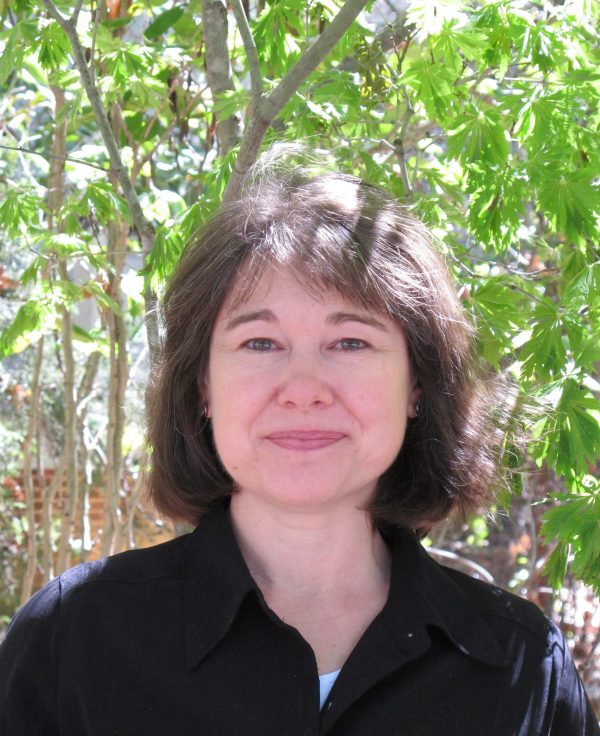PhD
Professor
Location:
UNC Hospitals – Chapel Hill
Education and Training:
A.B., Sociology/Psychology, Duke University
M.A., Psychology, East Carolina University
Ph.D., Psychology, University of North Carolina at Chapel Hill
Summary Statement:
Dr. Moy’s research focuses on genetic and environmental factors in susceptibility to neurodevelopmental disorders, and preclinical efficacy testing with novel therapeutic agents, using mouse models for psychiatric and neurological conditions. Studies in the Moy laboratory utilize knockout or transgenic mouse lines with disruptions of glutamatergic, serotonergic, or other signaling pathways as models for human clinical disorders. With collaborators Cort Pedersen and Mike Jarstfer, Dr. Moy has been investigating therapeutic effects of novel oxytocin receptor activators against social deficits, abnormal repetitive behavior, and other phenotypes that reflect core symptoms in autism. Results have shown that a subchronic (8-9 day) regimen of intermittent oxytocin treatment can have persistent prosocial effects in mouse models with divergent behavioral profiles and genetic backgrounds. More recently, the Moy research team has demonstrated similar efficacy for an oxytocin metabolite, which points the way to developing prosocial compounds without the negative side effects associated with oxytocin itself. In a related project, with collaborators Simon Gregory (Duke University) and Yong-Hui Jiang (Yale University), Dr. Moy is examining the epigenetic basis for long-term effects of oxytocin on impaired sociability in mouse models of autism. Transcriptome and DNA methylome analyses are being used to determine if alterations in the regulation of the oxytocin receptor or other components of the oxytocin signaling pathway underlie the persistent prosocial effects observed with subchronic treatment. This work could reveal mechanisms for reversal of social deficits, and identify genetic markers for predicting positive response to oxytocin intervention.




